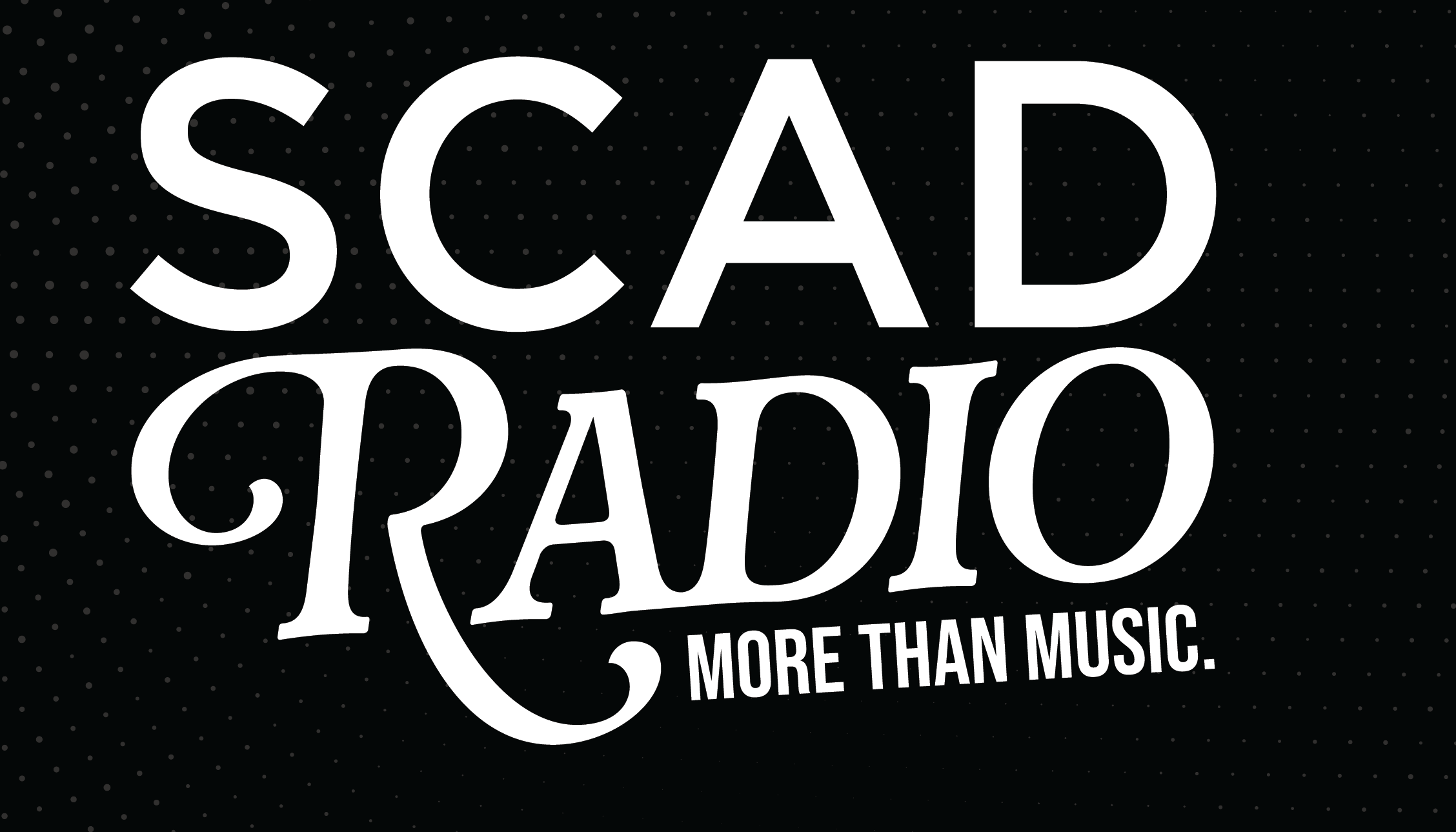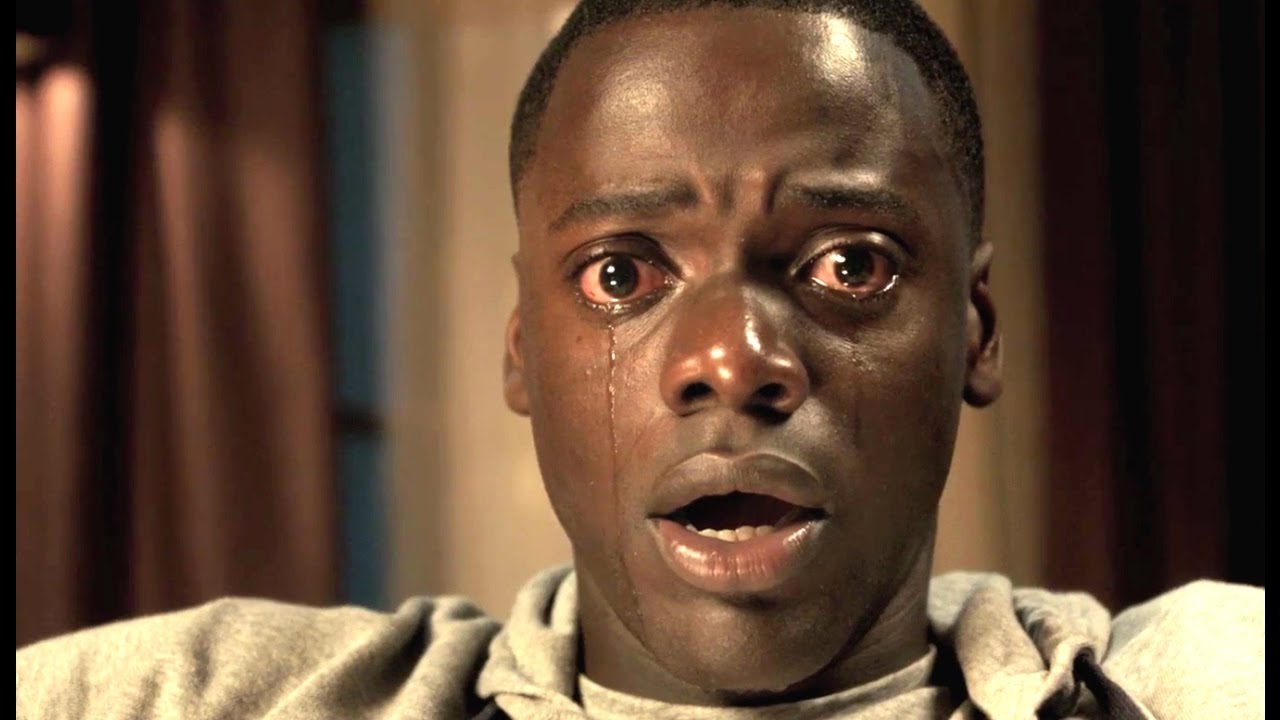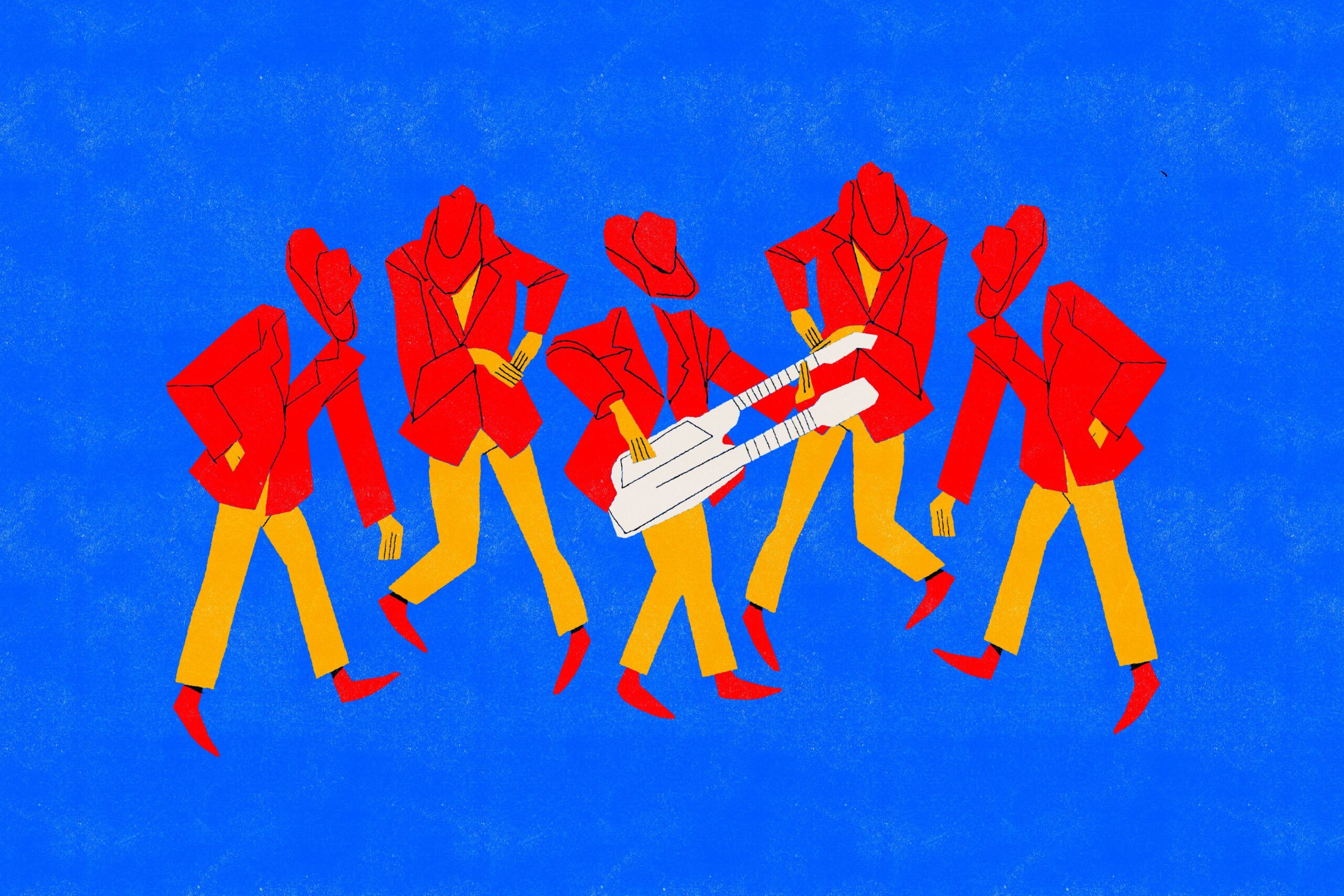I’ll admit it: I didn’t love Comedy Central’s Key and Peele. Sure, a bunch of their sketches wormed their way into the pop-culture lexicon for good reason, but I often felt that their sketches fell flat, and I was never compelled to watch the show live. None of their work really felt as subversive or wickedly entertaining as that of their contemporaries.
Until now, that is. Get Out marks Jordan Peele’s feature debut as a film director (no Keegan-Michael Key this time), and I’m very pleased to say that it’s a bold and terrific piece of work. Get Out is funny, socially conscious and genuinely frightening. It demonstrates that Peele has a wonderful grasp on tone, as well as a knack for knowing when to lean into traditional horror film beats and when to subvert them.
Get Out centers around a young black photographer named Chris (Black Mirror and Sicario’s Daniel Kaluuya) and his girlfriend, Rose (Girls’ Allison Williams). At the start of the film, Chris and Rose have been dating for a few months, and Rose decides that it’s time for Chris to meet her white, upper-crust suburban family. Chris is understandably wary once he finds out that her parents don’t know that he’s black. He doesn’t fear for his life, but he’s understandably nervous. Rose assures him that her family isn’t racist, saying, “they would have voted for Obama a third time if they could.” Off to the suburbs they go.
While Get Out is an effectively scary and unnerving thriller, the real genius lies in its approach. Peele isn’t calling out white supremacists or outwardly bigoted people. He understands that they are too easy a target, and that his audience wouldn’t take the film’s messages to heart because they’re “better than them.” No, what Peele takes aim at is subconscious liberal racism, and the fostered sense of superiority that a lot of white people have just because they don’t support lynching or want to abolish the Civil Rights Act. The satire is so precise and sharp that I couldn’t help but let out a gasp at several points throughout the film. It’s in the minute details, like how Rose’s father (perfectly played by an exceptionally cast Bradley Whitford) immediately takes to referring to Chris by “man,” or how Rose’s brother insinuates that Chris would be a better athlete than him because of his enhanced physicality due to his race. Even better, every off-hand and strange line spoken by both the principal and secondary characters pays off by the end. Every single one. The structure is so deliberate and sharp, yet it also leaves room to actually make us care about the characters. Kaluuya and Williams have palpable chemistry with one another, and the Armitage’s (Rose’s family) feel like a believable family unit, warts and all.
It’s tough to pin down what genre Get Out fits into. It certainly mimics the structure of the paranoia-laced horror movie, but it devotes almost as much energy towards making the audience laugh and gasp in equal measure. Is it a horror comedy? Maybe, because I think it’s funnier than An American Werewolf in London, widely considered to be one of the best horror comedies ever made. It’s also scarier than most horror movies released today, because of one simple reason: it still has places to go after its main reveal.
Allow me to explain. One of the most prevalent problems plaguing modern-day horror movies is that the filmmaking, acting and writing don’t conjure up any genuine scares by themselves. These films tend to rely on cheap jump scares or grotesque creature designs to scare their audiences, and the vast majority of the time these movies fail to remain scary after playing their hand. However, Get Out sidesteps this problem by having an ace in the hole, and it’s a simple yet chilling one. What if no matter how calm, genial or respectful someone may seem, they’re actually just out to get you? They can say they’re your friend and ally, but when push comes to shove, they’re more interested in how accepting they seem to others rather than actually demonstrating an interest in enforcing those beliefs. Get Out‘s tension lives in this murky morality, and it’s all the better for it.
Furthermore, it’s a widely known stereotype that in horror movies the first two people to die are either the clueless token black character or the ditsy, attractive blonde ingenue. In Peele’s film, the joke is ingeniously subverted. Chris knows he’s potentially in trouble from the first frame. This allows Peele to continuously stay multiple steps ahead of the audience, making the film’s endgame all the more interesting.
However, Get Out isn’t perfect. It does an admirable job of tonally balancing its subtle moments with its broader, comedic ones, yet it doesn’t always manage it perfectly. Although it’s never boring, it certainly takes a little bit of a breather between its second and third acts that I didn’t feel was needed. Ultimately, that complaint is more of a reflection of how exquisitely paced the film is. The subsequent lapse is just that – a lapse. It by no means derails the film, and it’s worth noting that I could have easily watched a half an hour more. That’s a very unusual complaint for me, and usually the sign that the film in question is a good one.
Believe the hype. This film is an absolute blast from start to finish. It mixes genuine terror and paranoia with dialogue that often pulls double and triple duty, simultaneously setting up future plot events in subtle ways, commenting on the state of race relations in America, as well as providing the audience with a jolt of humor.
Get Out is a film that routinely fails to take the easy way out. It refuses to paint its main duo with a broad brush, and the film continuously upends audience expectations. It’s a fantastically entertaining and thought-provoking movie, and it boldly targets an audience that doesn’t often get challenged in Hollywood films. I’m a part of that audience too. And guess what? I still loved it. Approach it with an open mind, and you might love it too.
4.5/5 Stars
(This article was originally posted on March 9th, before it was deleted from our website following a database rebuild).






Leave a Reply